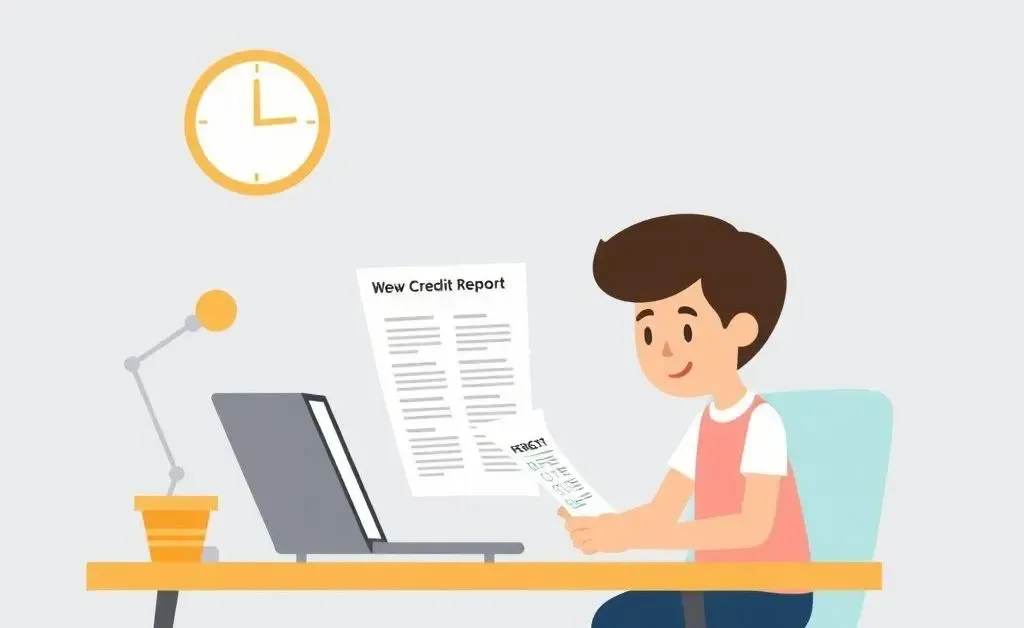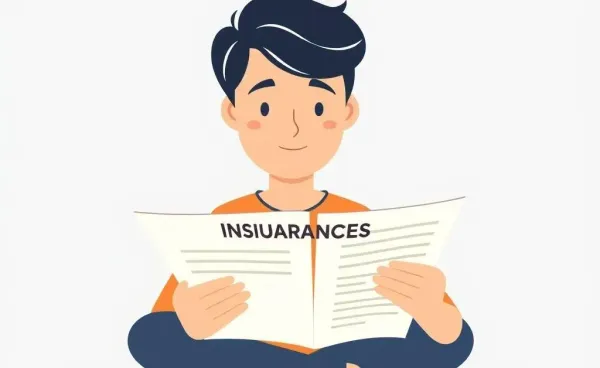How to Safeguard Your Personal Information When Dealing with Credit Agencies
Learn effective strategies to protect personal information from being misused by credit agencies.

Have you ever wondered, "Is my personal information really safe with credit agencies?" In today's digital age, ensuring the security of your sensitive data is more crucial than ever. Let's dive into some practical strategies to keep your information secure and prevent it from falling into the wrong hands.
Why Credit Security Matters
When you're dealing with credit agencies, your personal information—from your credit score to financial history—becomes part of their system. Unfortunately, this means it's also a target for cyber criminals and identity thieves. Securing your personal data isn't just about peace of mind; it's about safeguarding your financial future.
Five Essential Tips for Protecting Your Information
- Review Your Credit Reports Regularly: Regularly checking your credit report is like having a hawk-eyed friend who lets you know if anything's amiss. It's your first line of defense against identity theft.
- Use Strong, Unique Passwords: It's tempting to use 'password123' everywhere, but every account should have a unique and complex password. Consider a password manager to keep track.
- Set up Fraud Alerts: This is your personal alarm system. Sign up to receive immediate alerts if there's suspicious activity on your accounts.
- Freeze Your Credit: If you suspect your information might be compromised, freezing your credit can block potential fraudsters from opening accounts in your name.
- Be Cautious with Information Sharing: Sometimes, oversharing is worse than under-sharing. Be mindful of where and with whom you share your personal data online.
The Anecdote: A Little Too Trusting
Meet Sarah, your average tech-savvy professional who thought she was doing everything right. Sarah shared her personal details on what she thought was a secure loan app, only to find strange activities on her bank account later. It turns out the app had been compromised. By being vigilant and using secure channels, Sarah regained control quickly, but she learned a valuable lesson about trust in the digital world.
Conclusion: Your Information, Your Responsibility
As we navigate through an increasingly connected world, it's crucial to adopt practices that minimize risks associated with credit information. While there's no foolproof way to prevent data breaches, taking proactive steps can significantly reduce your vulnerability. What strategies have you found effective in keeping your financial information secure?




